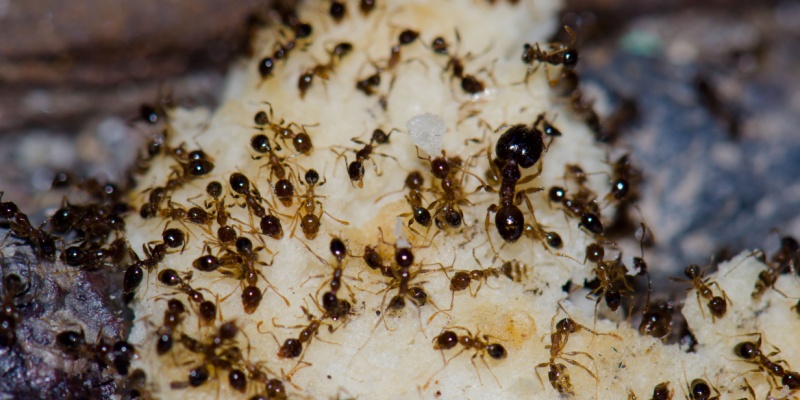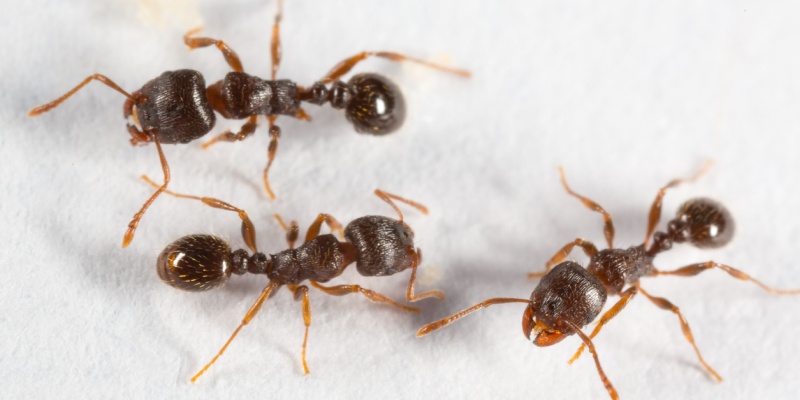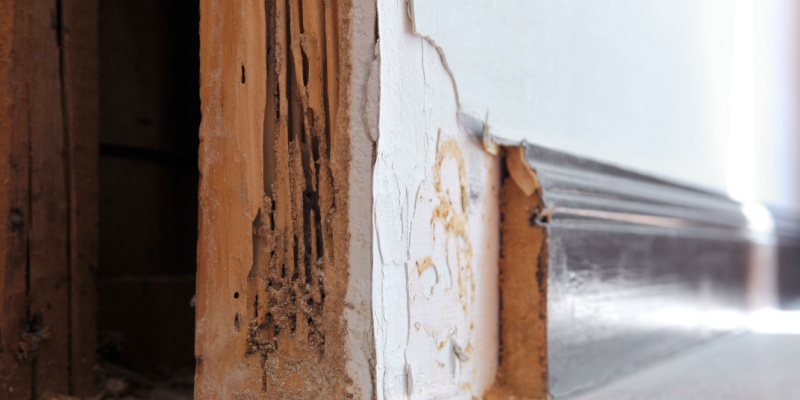Ant infestations can be more than just a nuisance—they can cause structural damage and pose health risks. If you’re dealing with an ant problem in Franklin, TN, it’s essential to find a reliable exterminator who can effectively address the issue. Here’s a guide to help you choose the best ant exterminators in Franklin.
Why Professional Ant Extermination?
While DIY methods might work for minor issues, professional extermination offers several advantages:
1. Expert Identification
- Professionals can accurately identify the type of ant species infesting your home.
- Different species require different treatment approaches for effective control.
2. Comprehensive Treatment
- Exterminators use specialized equipment and products that are more effective than over-the-counter solutions.
- They provide comprehensive treatment plans that target both the ants you see and their nests.
3. Safety First
- Professionals are trained to handle pesticides safely, minimizing risks to your family and pets.
- They follow strict guidelines to ensure safe application of chemicals.
4. Long-Term Solutions
- Many pest control services offer follow-up visits and monitoring to ensure the infestation doesn’t return.
- They provide advice on preventative measures to keep your home ant-free.
What to Look for in an Ant Exterminator
When choosing an exterminator in Franklin:
1. Experience and Expertise
- Look for companies with extensive experience in dealing with ant infestations.
- Check if they have specialists who are knowledgeable about local ant species.
2. Reputation
- Read reviews and testimonials from previous customers.
- Ask for recommendations from friends or neighbors who have dealt with similar issues.
3. Licensing and Certification
- Ensure the company is licensed and certified by relevant authorities.
- This guarantees that they comply with industry standards and regulations.
4. Treatment Methods
- Inquire about the types of treatments they use—are they eco-friendly or chemical-based?
- Ask if they offer customized treatment plans based on the specific needs of your home.
5. Guarantees and Warranties:
- Choose companies that offer guarantees or warranties on their services.
- This ensures that they stand behind their work and will address any recurring issues without additional charges.
Tips for Working with Exterminators
To get the most out of your pest control services, follow these tips:
1. Schedule an Inspection
- Have the exterminator conduct a thorough inspection before starting treatment to identify the extent of the infestation and specific problem areas.
2. Ask Questions
- Don’t hesitate to ask about the treatment methods, products used, and expected outcomes.
- Understand the process and any safety measures you need to take during and after treatment.
3. Prepare Your Home
- Follow any preparation guidelines provided by the exterminator, such as clearing clutter or sealing food containers.
- Ensure pets and children are kept away from treated areas until it’s safe.
4. Follow-Up Care
- Adhere to any follow-up care instructions given by the exterminator to maintain effectiveness.
- Schedule regular inspections to catch potential infestations early.
Finding the best ant exterminators in Franklin, TN, involves considering factors such as experience, reputation, licensing, treatment methods, and guarantees. Professional extermination offers many benefits over DIY methods, including expert identification, comprehensive treatment, safety assurances, and long-term solutions. By choosing a reputable company like All Pest Solutions, you can ensure that your ant problem is addressed effectively and efficiently. Remember to prepare your home according to the exterminator’s guidelines and follow up on their advice to prevent future infestations.



